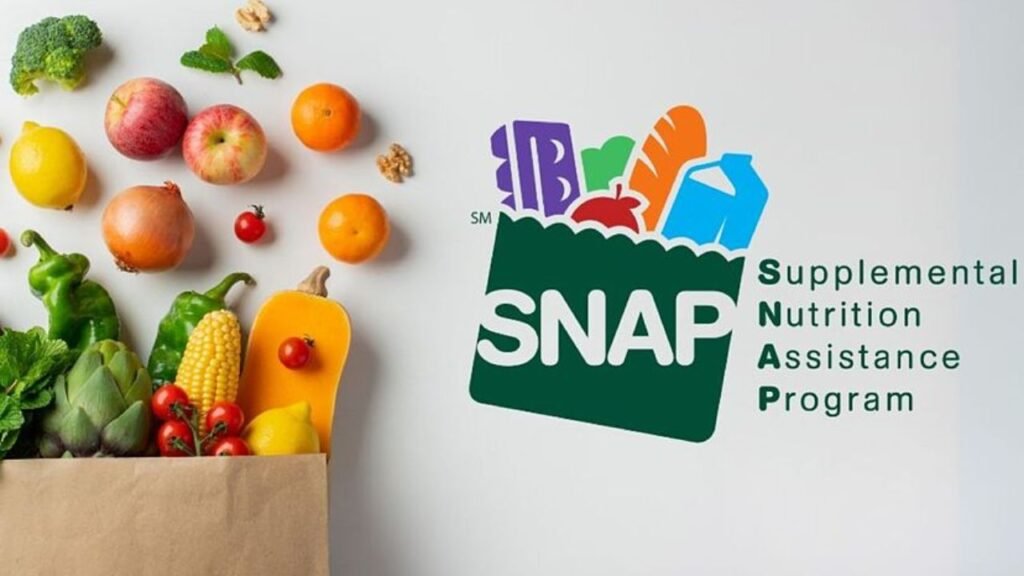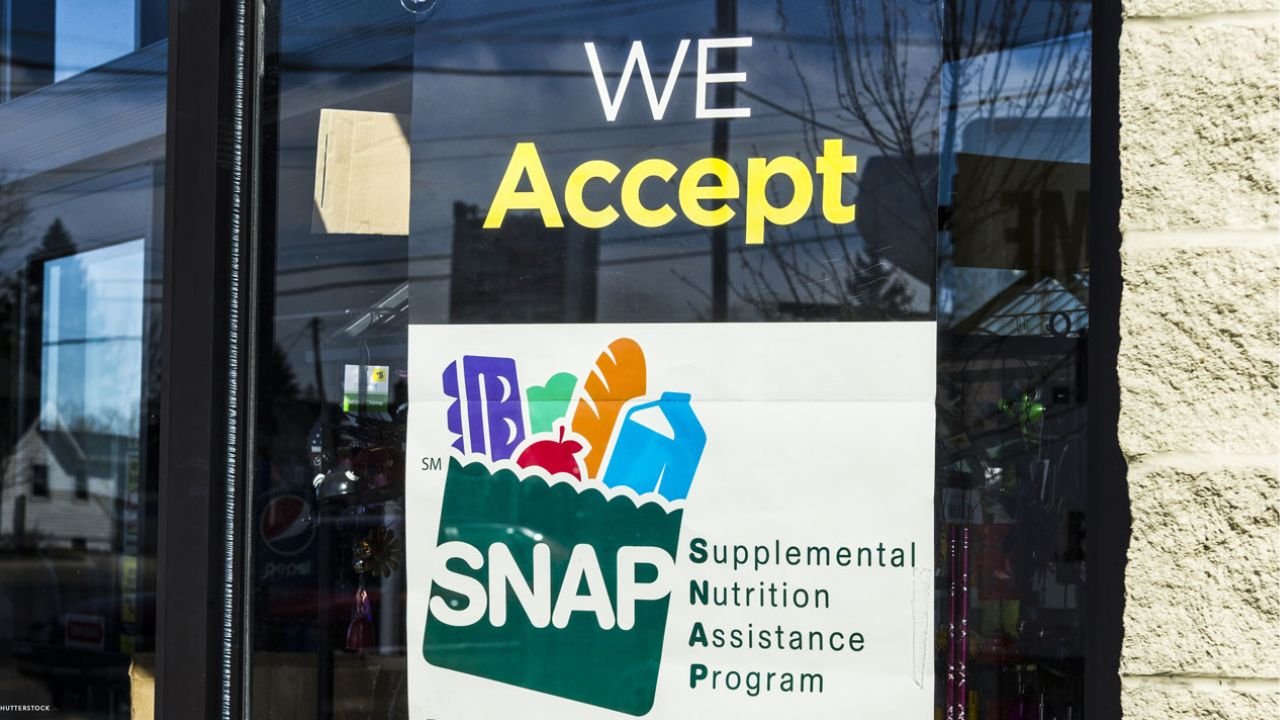A federal judge in California has temporarily blocked the U.S. Department of Agriculture (USDA) from gathering personal information of residents enrolled in the Supplemental Nutrition Assistance Program (SNAP) across 21 states and Washington, D.C. The order, issued by U.S. District Judge Maxine Chesney, will remain in effect until a hearing next month determines whether a longer ban is necessary.
Concerns Over Data Misuse
Judge Chesney noted that states were likely correct in their argument that SNAP data should be used solely for administering food benefits and not shared with outside entities. The states fear the information could be handed over to federal agencies to support large-scale deportation efforts, something they argue violates federal law governing the food assistance program.
The Role of SNor Data Sharing
The Trump administration has been seeking to consolidate information from multiple federal and state programs. Data collected through agencies such as the IRS and the Centers for Medicare and Medicaid Services has been shared with the Department of Homeland Security to bolster immigration enforcement. In July, the USDA warned states that failing to submit SNAP data could result in funding cuts.
Legal Challenge by States

In response to the USDA’s directive, a coalition of states filed a lawsuit, arguing that the federal SNAP Act requires states to protect applicant data and only release it for purposes directly tied to administering the program. The states contend that using the information for immigration enforcement falls outside these boundaries. Judge Chesney agreed that the USDA appeared prepared to use the data for purposes not authorized by law.
Executive Order Sparks Tensions
The dispute follows an executive order signed by President Donald Trump in March, which directed federal agencies to ensure broad access to state-level program data. The administration argued that such measures would prevent waste and fraud by eliminating what it called “information silos.” However, critics say the order opens the door for sensitive data to be misused in ways that harm vulnerable populations.
Previous Legal Battles
This case is not the first legal challenge to the USDA’s attempts at data collection. Earlier this year, hunger relief advocates, privacy groups, and SNAP recipients filed a similar lawsuit in Washington, D.C. While that court declined to issue a preliminary injunction, the latest ruling in California has provided temporary relief for states seeking to safeguard beneficiary information.
What Comes Next
Some states have already complied and shared the requested data with the USDA. For the rest, the upcoming hearing will determine whether the ban remains in place or is lifted. The outcome will likely have significant implications for how federal agencies can access and use personal data from safety net programs moving forward.

